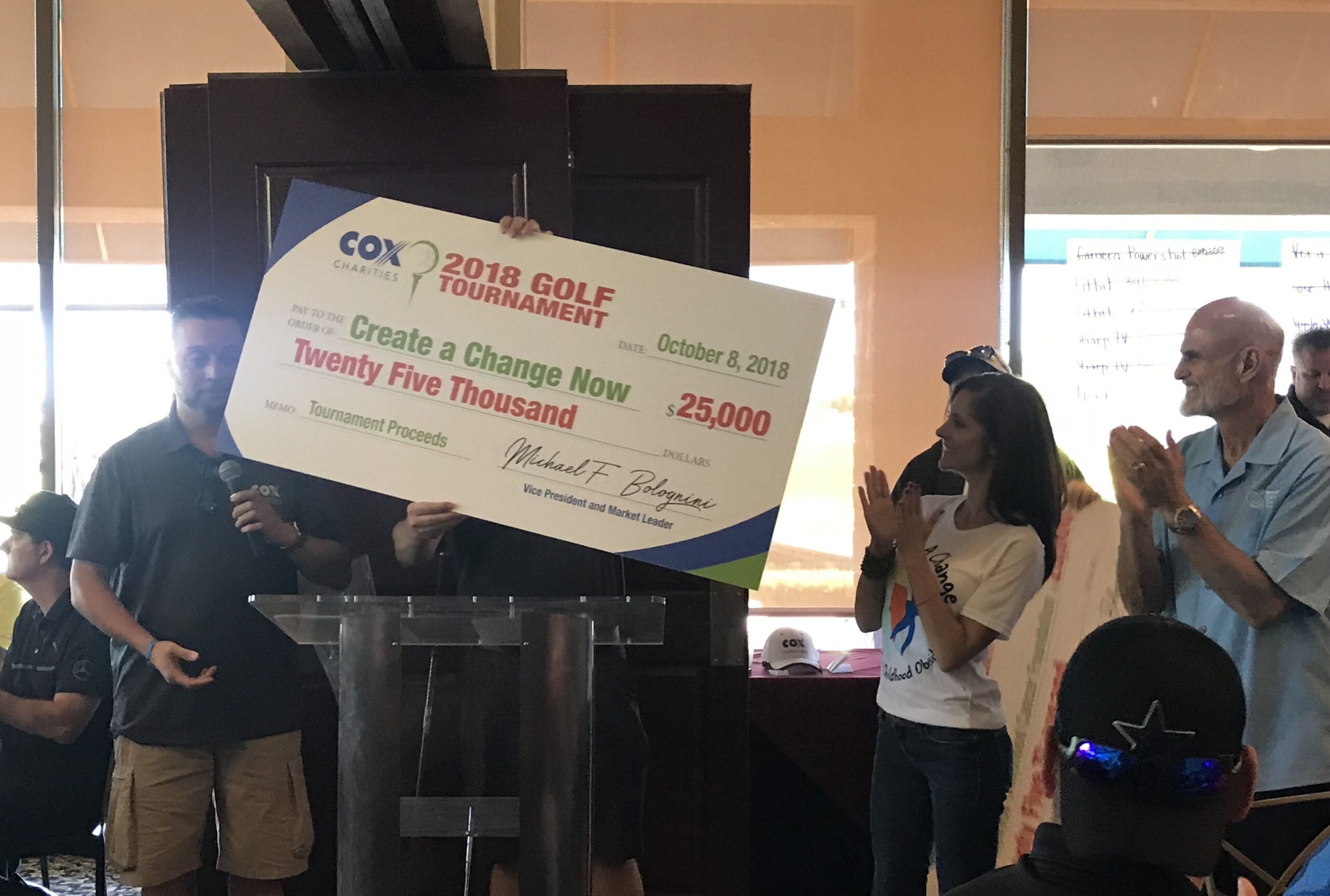Giving circles are as old as civilization. They might possibly be older. Communities have always practiced the basics of pooling together resources to help each other when needed, necessity and tradition have dictated them, and multiple world religions even enshrined them in principle and law (the Christian tithe, the Islamic zakat, and many, many more). After all, you can make more impact together than going it alone. It’s all very commonsensical, which sometimes make you forget just how powerful a practice this really is.
The resurgence of giving circles have been much welcomed by donors and nonprofits alike. Here are three of the many reasons why you might want to start or join one: impact, civic practice, and peer learning.
Impact.
One of the most common things we’ve heard from our donors about their giving is that they don’t feel like they are making an impact. They give because they care, because of they have always been taught to, because it’s a good thing to do, and so on and so forth, but there is often that doubt whether they have truly made a difference.
Granted, even the smallest gift matters, but a giving circle can also be a solution to charity fatigue. By pooling together resources with like-minded people, you can make the sort of large, catalytic grants that may otherwise appear to be out of reach.
Civic Practice.
A giving circle is an important venue to practice what we’d call your “democracy muscles.” Participation in a giving circle challenges you to break down some of your personal barriers and engage others on important conversations about viewpoints, values, and impact. A typical giving circle would require you cede some control—your dues—to a larger collective. In return, you get to participate in the group conversation, talk through disagreements and decisions, and pick from multiple favorable options, all in the context of doing good.
It’s a safe and positive space for the sort of activity that is necessary for a healthy democracy. We think that practice is more needed than ever.
Peer Learning.
Another common sentiment we’ve heard from our donors is that they often feel isolated and unsure on their giving. Am I making the right choice? How should I judge the nonprofits I give to? What’s the ideal process? These and many other questions ultimately lead to another pertinent one: how do others go about these things?
Donors benefit strongly by learning from one another. Donor peer learning networks are places to trade experiences, share and acquire expertise and, indeed, empower each other’s confidence in their giving—and thus encourage more active giving. A giving circle is a built-in peer learning network.
Here at Nevada Community Foundation, we are privileged to host one of the most vibrant and effective giving circles in Southern Nevada: Nevada Women’s Philanthropy (NWP).
We’ll cover NWP in depth at a later date. For now, let’s hear a little bit from current NWP President Cindy Ellis directly:

